Search results for: “intentional communities”
-
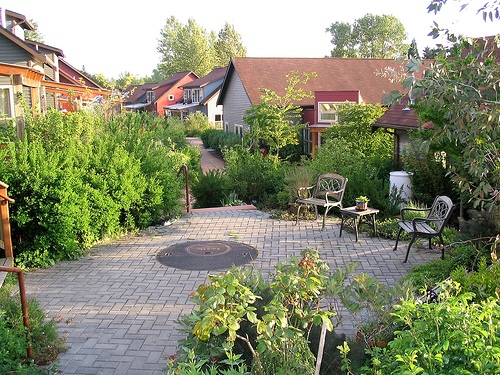
About-ness and Communities That Last
My initial interest in building a green hill was just to live near my friends and family — something as simple as purchasing land, building houses, and inviting my loved ones to come on over. But, while that would be wonderful, I realized that my dream was about more than just building a “friends of…
-

Space (How It Looks)
Could we make zion building into a hobby? Like scrapbooking, except that it requires a little more money. And instead of gathering memories in a binder, you would gather loved ones in a community. Anyway, here are some visual examples of intentional communities that exist here in the United States and Canada.
-
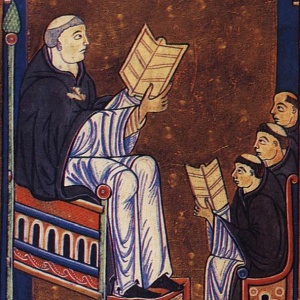
The Hugh of St. Victor option
I have never read Rod Dreher and have no particular insight on how American conservative Christianity should respond to secularism. If Mormons look to medieval clergy for a model of forming intentional communities, however, I think a better option than Benedictine monasticism is that of the Canons Regular.
-
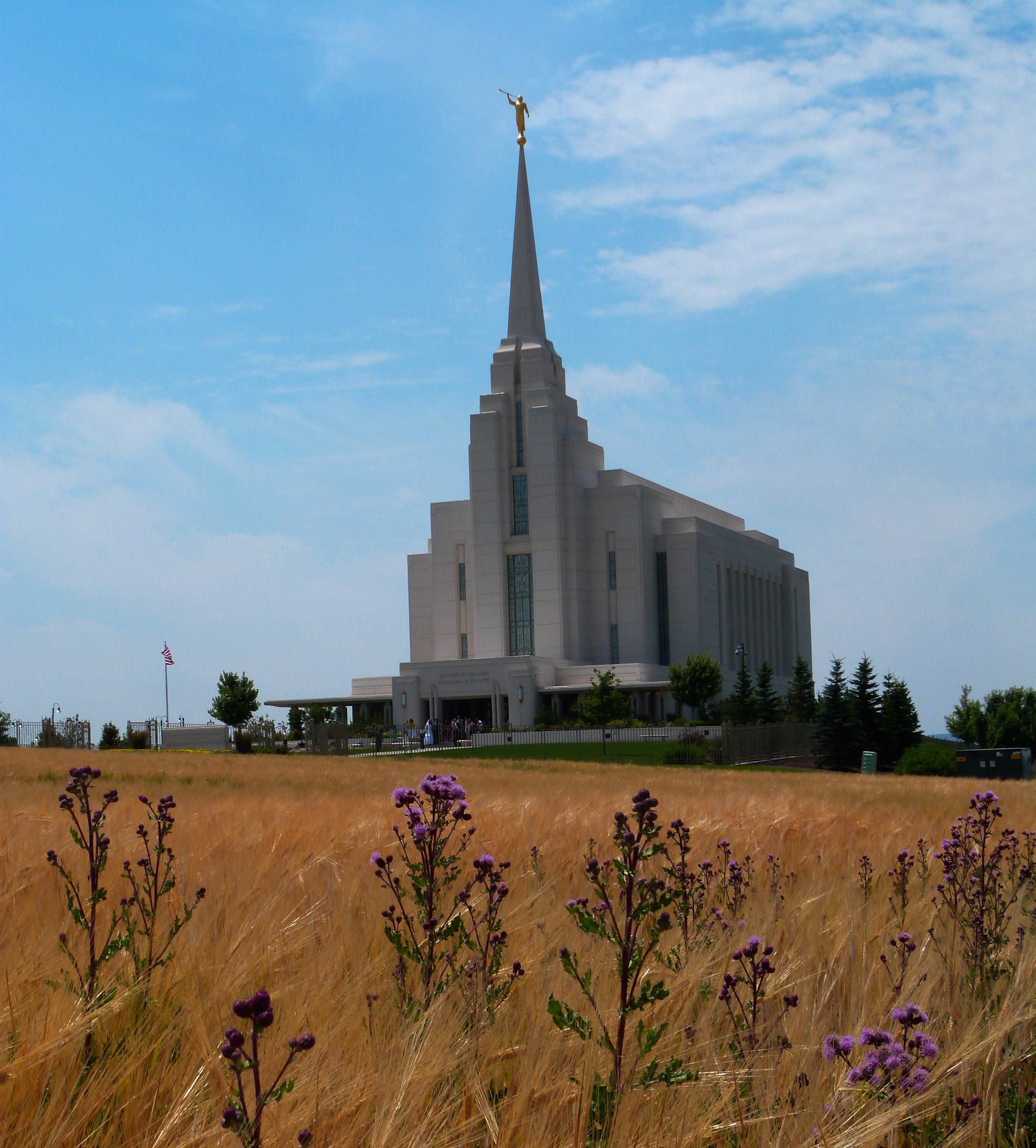
Rexburg
What is it like to move to Rexburg? If you’ve ever driven across the country, you’ve probably stopped for gas or lunch in some town you’ve never heard of and observed in astonishment that people not only live there, but appear to lead lives as happy and meaningful as any other American. Those lives may…
-
The World I Choose
My first posts at Times & Seasons were about building zion-like communities. I’ve wanted to expand on those posts in the year and a half since I originally wrote them, but whenever I try the words refuse to come. Why? In part it’s because communities are difficult and complicated. Mostly, however, it’s because the ideal…
-
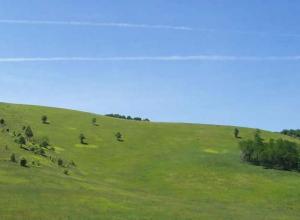
The Dream of the Green Hill
Green Hill Communities | Next About fifteen years ago, I had a dream. In my dream I saw a green hill with several people silhouetted against a cloudy sky. These figures were engaged together in various activities, some speaking, some playing or dancing, and some resting. The clouds in the sky moved quickly by, like…
-
Mormonism and Communal Studies
Scholars of Mormonism (like scholars of most topics) need to find ways to connect their subject to larger scholarly debates and frameworks. Mormon academics have used frameworks from American religious history to western history to the history of family and gender to legal studies. Another possibility is communal studies.
-
![[Mental Illness at Church] A Personal Story](https://timesandseasons.org/wp-content/uploads/2025/06/watercolor-illustration-young-girl-praying-sunlit-church-concept-faith-spiritual-reflection-peaceful-solitude-ash-353954823-1.webp)
[Mental Illness at Church] A Personal Story
I‘ve been going back and forth about how much to share about my background in what caused my mental illness and some of what it has been like. I wanted to skip this part because I’d rather talk in generalities, but stories matter, so here is a little bit of mine. As a kid I…
-
Portuguese Panic for the Book of Mormon
A key moment in the Church’s establishment in different locations and cultures—including among countries like Brazil, where the Church officially has over one million members—is the translation of the Book of Mormon. Especially in earlier years, the effort was performed by missionaries with rudimentary knowledge of the language working with locals to create the translation,…
-
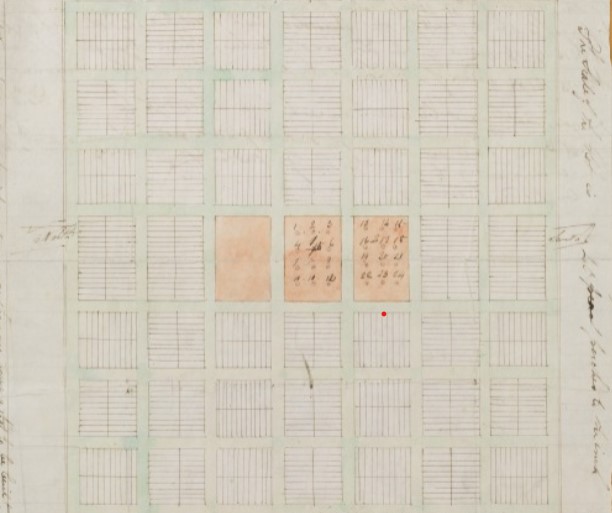
“The gathering of mine Elect”
Change and continuity create an interesting tension in the Church. I explored this in a previous post as the tension of believing in an everlasting, unchanging gospel that we have had restored to us and the belief in ongoing revelation and changes to adapt and evolve the Church to our current circumstances. Changes can be…
-
The first rule about disagreements in church is no one talks about disagreements in church. But we should.
There are certain things that you grow up with that you don’t realize are weird until you start really noticing the world around you and see that other families don’t do those things your family does. Take one of my friends, for instance, who didn’t realize until well into his twenties that most kids don’t…
-
At Home with Nothing to do? Try a Zion Project
I am currently serving as the RS president in our ward. Basically I have spent the last almost year pining and waiting for things to get back to normal, but lately I have been thinking that maybe that is not at all what I want. Don’t get me wrong, I can’t wait until we can…
-
The Book of Mormon, Modern America, and, of course, Nazis
In her provocative work Eichmann in Jerusalem, Hannah Arendt proposes a fascinating insight. “Evil in the Third Reich had lost the quality by which most people recognize it—the quality of temptation,” she writes. “Many Germans and many Nazis, probably an overwhelming majority of them, must have been tempted not to murder, not to rob, not…
-
What we must not do
Although none of these assumptions can be taken for granted, let’s assume that Trump’s presidency will feature more or less what his campaign promised, that his term in office will be limited to 1260 1460 days, and that it will come to be widely derided as a disaster for the country. If we look back…
-
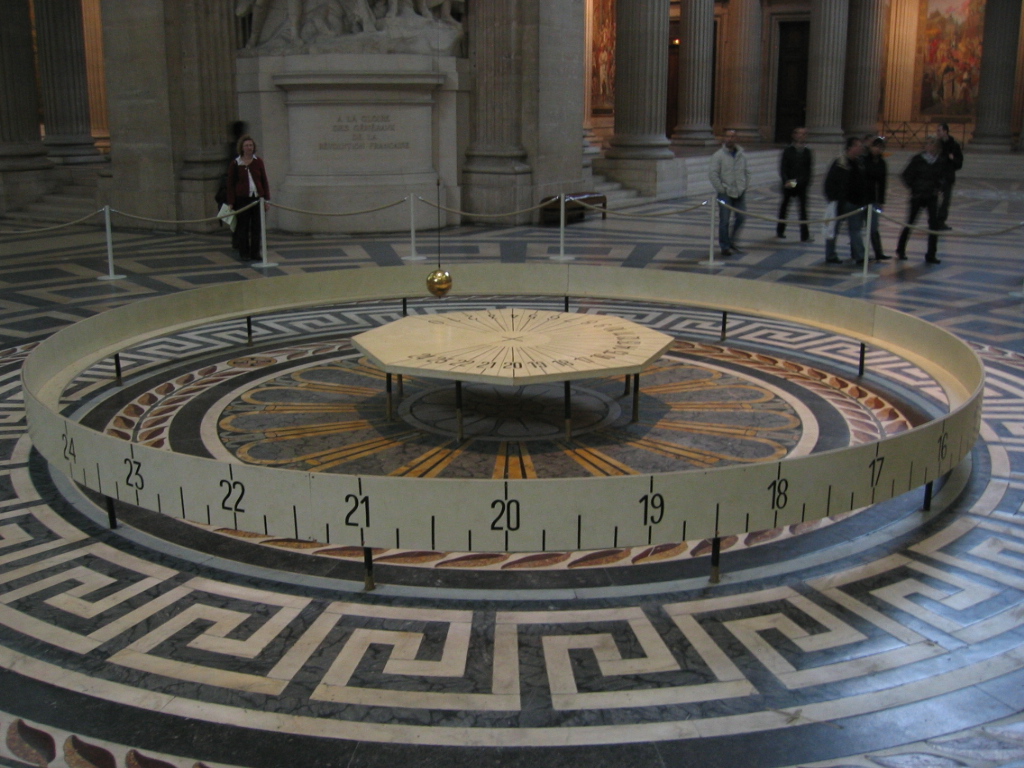
The Open and Closed Texts of Theology
One of my all time favor books is Foucalt’s Pendulum by the great Italian author Umberto Eco. It’s a fantastic book about the problems of interpretation all wrapped up in a conspiracy theory. Despite having several famous books Eco’s greatest works are actually as a philosopher and semiotician. A constant theme of both his fiction and…
-

Hypersensitivity and Trolls: A Codependent Dysfunction
Introduction My first posts at Times and Seasons were about epistemic humility, which is the awareness of the limits of knowledge. One of the common responses I got at the time was to ask how conviction was compatible with such an emphasis on uncertainty. The quote I led with (“The wise man doubts often, and…
-
Stirring Up the Saints: The Mormon Reformation
So I read Bigler and Bagley’s The Mormon Rebellion: America’s First Civil War, 1857-58 (U. of Oklahoma Press, 2011) last week. It will certainly convince you that the Utah Territory of the 1850s was the Wild Wild West as much as it was Zion. Checking the footnotes, it seems like the narrative is built primarily…
-

Improptu
It’s approaching a year since I started writing here at Times & Seasons, back on January 20th. That, combined with Christmas, house hunting, and the inexorable New Year, has me reflective. Where am I going, and how am I doing in getting thither? I started my stint here writing about building Zion — specifically, how…
-
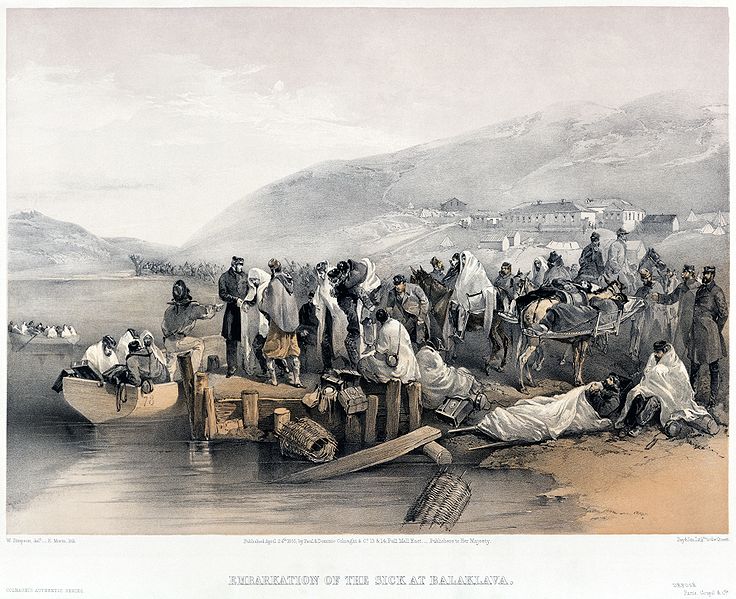
Building Your Own Green Hill
If you’re feeling moved upon to bring together a community of your own, here are some approaches you might consider. I’ve divided them into two sections: organic and venture. Organic approaches to community building grow fairly naturally out of everyday living. They may sound mundane — you’re probably already doing some of them — but…
-

Program
Programs and lifestyle are the main repositories of culture in a community. Programs are optional. Lifestyles are not. The person who declines to participate in a program still gets to sit in the audience at the awards ceremony. The person who declines to participate in a lifestyle is excluded from the flow of community life.
-
Margaret Young’s Daughter Is Right
The fine thread which Margaret Young’s post kicked off yesterday reminded me of some equally fine ones from the past. I’ve posted on the topic before a couple of times as well, and so–given that there was a lot to say–I was having a hard time keeping my comment to managable size. So I decided…
-
Mark 14:3-9: The Anointing at Bethany as Markan Christology
This [very, very, very long] post is, basically, my masters thesis. I’ve had a few requests for it, so I thought I’d post it.
-
Suicide
Not long ago, I sat in an emergency room with a friend who had been musing about suicide. My experiences with such matters are limited, but I wasn’t taking any chances. This man had lost his job and was being evicted from his apartment. He was at risk of losing custody of his children to…
-
More on Elder Packer and Beards
The thread following Dan’s post on the church’s apparent (and inconsistent) “tonsorial jihad” has come to focus on the matter of “unwritten policies” and the existence of an “oral law”–something Jim doubts that any culture can exist without. I agree with him–there is and must be a place for mores, for unwritten guides to belief…
